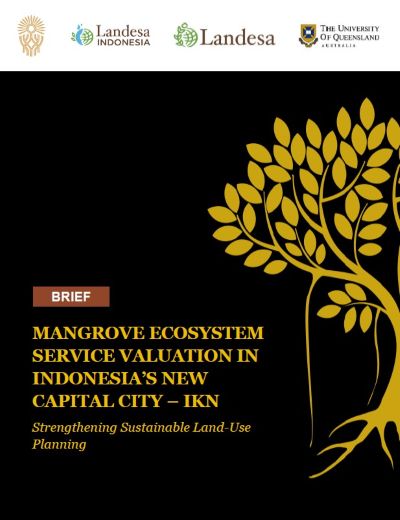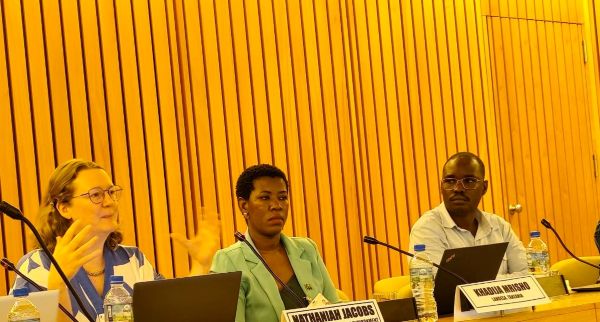More than one-third of the world’s arable land is currently degraded, and at least 1.5 billion people worldwide suffer the consequences — in food insecurity, malnutrition, and diminished productivity and economic opportunity — of the degradation and desertification of land. Yet as the world’s population grows to a projected 10 billion people by 2050, pressure on the global food system — and demand for agricultural land — will continue to rise. Rural women possess critical knowledge of sustainable farming and land management practices that can conserve soil and water and protect cultivable land. But too often, women are excluded from these important conversations and from decision-making on land, because of discriminatory social norms.
To mark the World Day to Combat Desertification and Drought on June 17, Landesa’s Beth Roberts and Shipra Deo had a conversation about the barriers women face to their land rights, and why women must be able to overcome these obstacles to make progress toward global efforts to halt desertification, conserve land, and feed the world.
Related news


